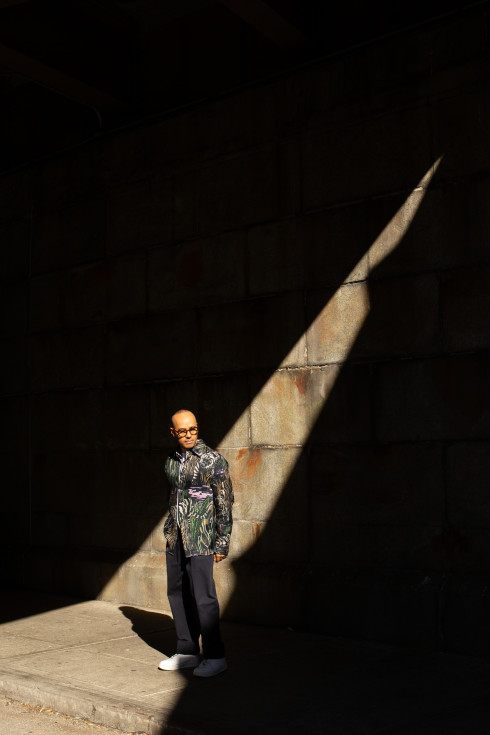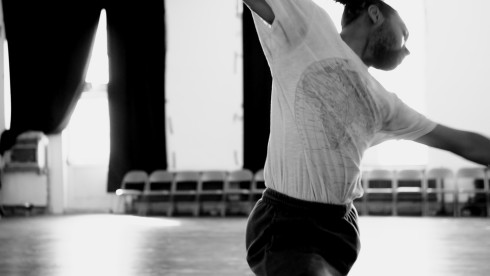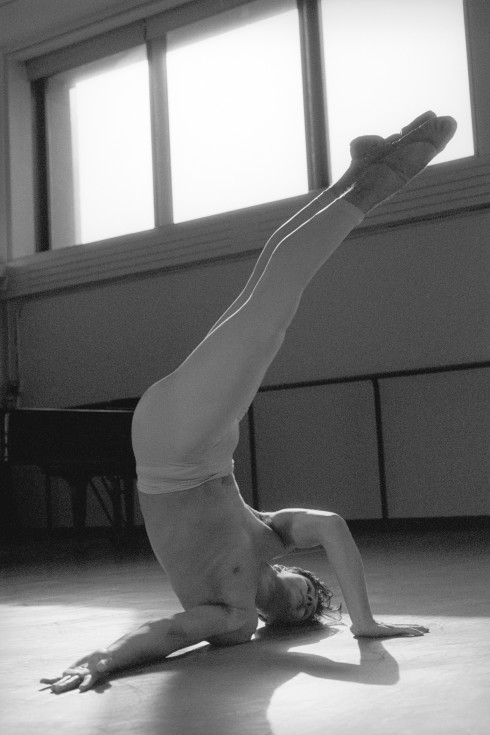SLOWGIRL
The rejuvenation of the cultural playground that is Lincoln Center continues apace, with the latest addition of the Claire Tow Theater, a small black-box stage perched atop the roof of the Vivian Beaumont, and designated as the home of LCT3, Lincoln Center Theater’s company dedicated to new work. The space opened earlier this summer with an intimate and revealing production of Greg Pierce’s Slowgirl, a two-hander about rediscovering family and learning to atone in the Costa Rican jungle.
For Becky, the seventeen-year-old sent to her uncle Sterling’s remote shack in the Central American wilderness after being suspended from school for taking part in a cruel prank against the eponymous mentally-disabled schoolmate, the jungle is both escape and threat, a place where she can at once struggle vainly to forget about the police investigations and public betrayals she wants to leave behind at home for a short week, while remaining constantly aware of the crush of pressure folding in on her. The young actress Sarah Steele skitters along the edge of a knife throughout the evening, her aggressive and annoying adolescent chatter slowly revealing itself as the endless stream of noise of a girl trying to fight off the silence and the press of her own thoughts. Sterling, played by Zeljko Ivanek, wrestles with a secret of his own, stumbling along in confused wordlessness towards the final reveal.
But Slowgirl is not a play about flashy secrets and the dramatic consequences of the Truth. Instead, like Amy Herzog’s delicate 4000 Miles, which played several hundred feet below for much of the summer, it’s about two family members who help each other find their way towards acceptance of tragedy. As in 4000 Miles, there is the sense of cross-generational disappointment, as the elders (in Herzog’s case, a grandmother) work to find a balance between the innate love they have for these unfinished adults and disappointment in their actions and ideas. Slowgirl takes a path of slow and steady contemplation—as evinced by the central role a labyrinth plays—making the argument that isolation is not so much about being apart from others as it is about learning to be with yourself.

















